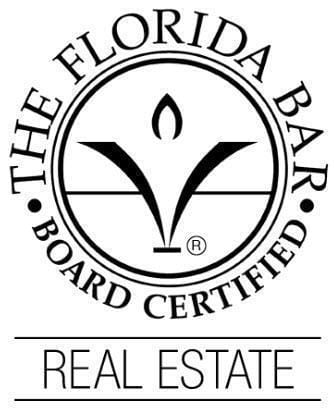When you create a real estate contract, you or the other party can add contingencies. COntingencies will impact the validity of a contract. They may stipulate that something must happen or must not happen for the contract to remain valid.
Million Acres explains there is a range of contingencies you can add to a real estate contract, but there are three that are most common. Whenever there is a contingency, you want to be sure you fully understand it and its impact on you.
Home sale
If you are the buyer and you own a home currently, you may need to sell your home before you can buy a new one. This is a common situation. However, the buyer does not want to wait for you to sell your home, which can take a long time.
To give you a chance to sell your current home and buy the new one, a contract may include a home sale contingency. It will explain that the contract is dependent upon you selling your home. It will often set a time limit. If you do not sell your home on time, the contract voids.
Financing
Most contracts will include a financing contingency that says if the buyer cannot secure financing within a reasonable time, the contract becomes void. It is a protection for the buyer because it lets you off the hook if you cannot get a mortgage.
Inspection
You should always have an inspection before buying a property. This contingency allows you to have that inspection and to back out of the contract if the results of it are not suitable. In many cases, the contingency also allows for you and the seller to make agreements about the seller fixing issues that will keep the contract valid.
Contingencies offer protection for buyers and sellers. Regardless of which position you are in, you should make sure you have contingencies to protect you.




